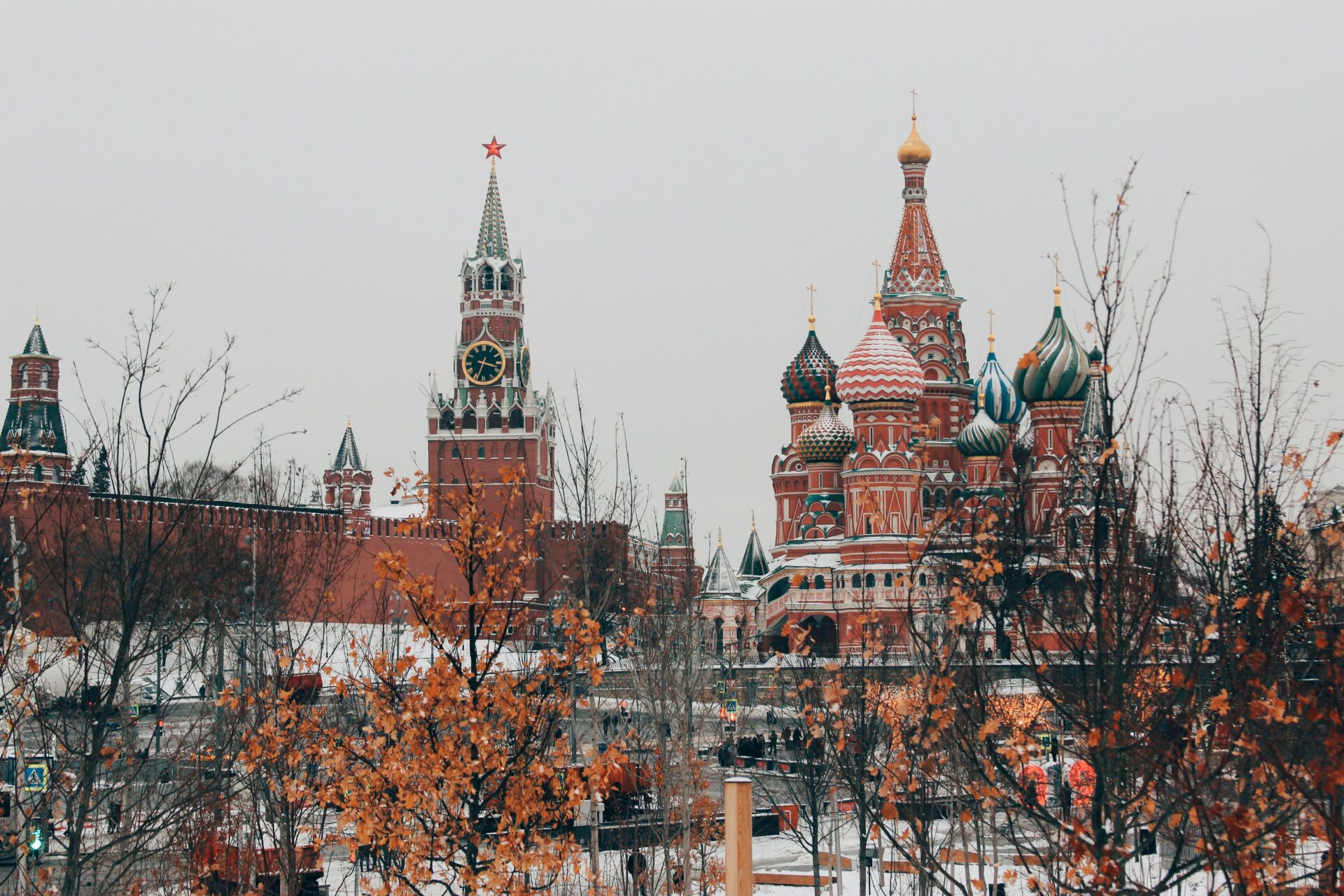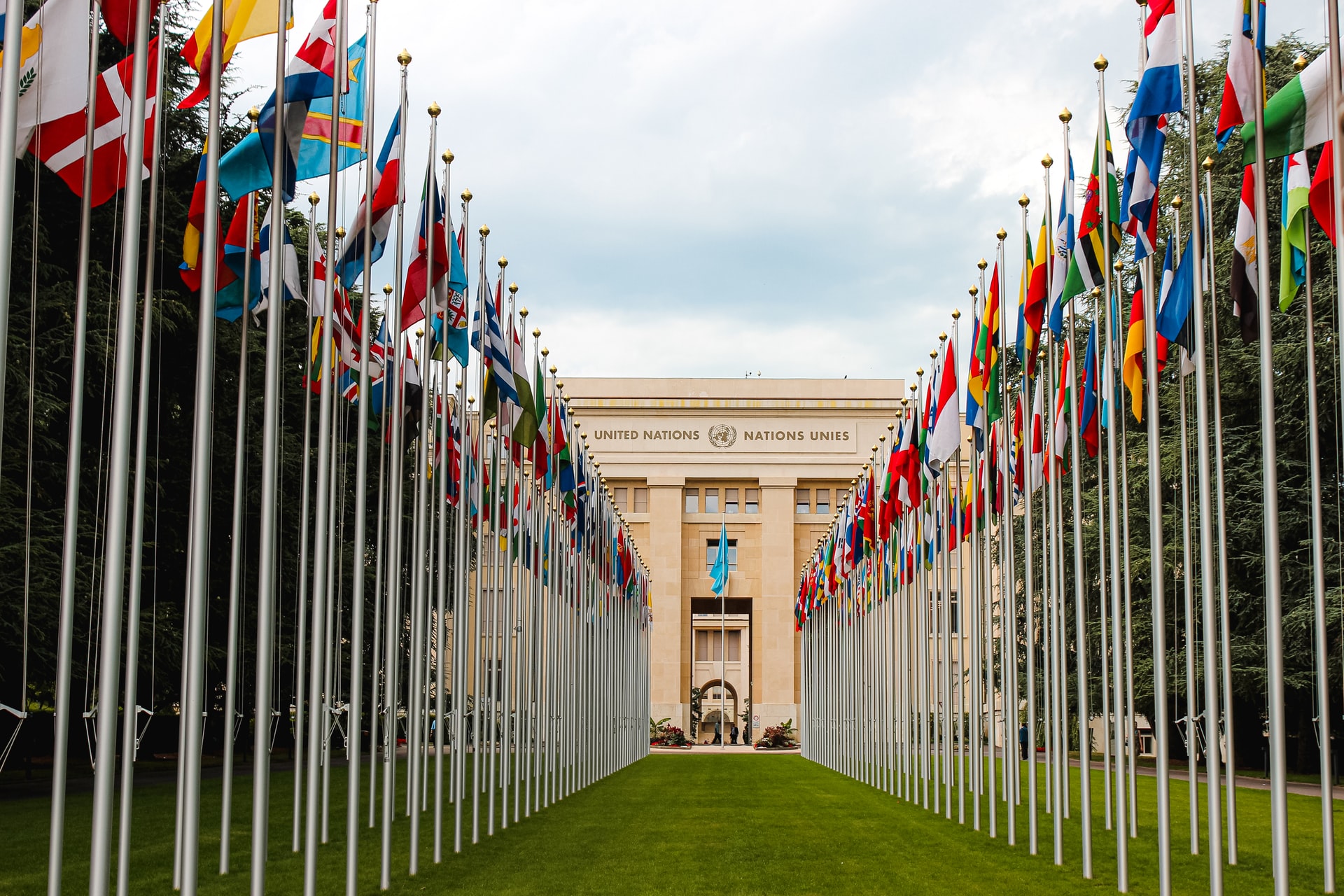Science and Soul: Hidden Meanings Of Russia’s Aggression
“I learn a science from the soul’s aggressions.”
St. John Perse
Following every Russian assault against Ukrainian civilians, one crucial point is overlooked. This point is not about any pertinent strategic or legal issue. Rather, it concerns intersecting elements of biology, physiology and “soul.”
Also overlooked is a complex matter of science. There lies rooted in the personal space of each individual war-victim’s body a basic principle of general importance. This axiomatic principle is about the inherent incommunicability of pain, a quality both physical and emotional. Such determinative incommunicability is not in any way specific to crimes of war, crimes against peace and crimes against humanity.
It pertains instead to every conceivable form of human suffering.
There is more. These challenging thoughts represent seldom discussed but still-vital observations. No human language can meaningfully describe personal pain, whatever its particular locus and whatever its level of intensity. The full horror of Russia’s terror-violence against Ukrainian non-combatants can never be adequately explained by televised news accounts, witness-based descriptions or tangibly calculable statistics. Not palpable to others, whether commentators, observers or political leaders, human pain inevitably manifests as a private sensation. Whatever the day-to-day particulars, such pain is always reduced to mechanistic recitations of casualties, victories and defeats.
It is, therefore, always an anaesthetized pain.
The core problem, though barely understood, centers on steeply fixed limitations of language; to wit, the irremediable policy deficits of grammar and syntax. Everyone who is human has suffered physical and emotional pain, and every person “knows” that anguish can not only defy language, but also destroy it. Regarding present-day matters of war and peace, the inexpressibility of human pain could spawn major political and social upheavals. In the conspicuously glaring case of Russian crimes against Ukraine, any such particularity of suffering may ultimately stand in the way of recognizing Putin’s multiple aggressions as violations of “soul.”
This self-obscuring matter should now be examined with greater nuance. Shielded by the limitations of language, Russia’s dictatorial leader remains more easily prepared to misrepresent his Ukrainian aggressions as somehow law-supported. In fact, Putin’s uniformed fighters against Ukraine are anything but proper soldiers. Inter alia, although the Russian president’s ever-witting and servile marionettes, these fighters are essentially organized murderers in military uniform.
Nothing more.
Our world, of course, is not unaccustomed to such a hideous historical example. We have all seen this dreadful movie before. But why such gratuitous Russian crimes? What is Putin’s determinable endgame?
There is, after all, no reasonable hope of transforming incommunicable Ukrainian pain into tangible Russian power. Inevitably, over time, this badly-calculated Russian resort to carnage and mayhem will offend even the most prospectively pro-Russian observers. So why do Putin’s military “marionettes” continue to tear apart unprotected Ukrainian bodies without any plausibly cost-effective benefit?
This is not an easy question. It is, rather, daunting and many-sided. Has Russia’s president simply abandoned the more usual strategic playbooks of Realpolitik or geopolitical advantage? Has Putin knowingly traded in Karl von Clausewitz and Sun-Tzu for the Marquis De Sade?
Here is a partial answer: Russian soldiers, like their Ukrainian victims, are “trapped” by immutably remorseless shortfalls of human language. In brief, the physical and emotional pain experienced by any one person can never be shared by another. This is the case, moreover, even if these persons are closely related by blood and even if the physical distance between them is short.
Some things are irremediable. Always, the split between one’s own body and the body of another remains far-reaching and absolute. For reasons that have more to do with compelling Darwinian logic than with any vagaries of empathy or compassion, the “membranes” between individual human bodies remain largely impermeable. This unchanging bifurcation allows even the most heinous harms inflicted upon one state by another to be viewed “objectively.” Sometimes, as we can see daily in Vladimir Putin’s escalating transgressions against Ukraine, these harms are eagerly accepted as pardonable prerogatives of “national sovereignty.”
The explanation is implicit but straightforward. Russia’s earlier empire included Ukraine. Ipso facto, Ukraine remains a part of Mother Russia. End of story.
What’s for dinner?
There is more, Pain within the body cannot “only” destroy ordinary human language. It can also bring about wholly visceral reversions to primordial human sounds. Taken as audible intimations of human mortality, or as hints of one’s own unpreventable death, such sounds express those primal moans and whispers that exist anterior to learned speech.
While Ukrainian victims of Putin’s terror writhe agonizingly from Russian rockets, bullets and bombs, neither world publics who bear witness nor the obedient murderers themselves (they are after all just “following orders”) can experience the soulful meanings of what is being suffered. This incapacity is never a reasonable excuse for bystanders or perpetrators. But it does help to explain why even the most conspicuously callous killing by Russia’s armed combatants can sometimes be made to appear as defensible or even supportable.
It’s not all that complicated. The incommunicability of pain can heighten the impression that one state’s unhidden aggression against another state is less than barbarous or even lawful. In the case here at hand, this incommunicability amplifies Ukrainian injuries from Russian aggression. It does this by reminding a growing number of victims that their suffering is not “merely” intense, but also manipulated.
We have sought to explain current events in Ukraine with appropriate theory. Our basic conclusion? By its very nature, human pain has no decipherable or transmissible voice; in essence, it contains no touchable referent. Even when it may discover some dimming but still-discernible sound, the listener will no longer want to be bothered. This listener after all, fragile and mortal, will attempt to deny his or her own human mortality. While few have sought to fathom the deeper meanings of world politics and international aggressions, the greatest conceivable form of global power is both obvious and overlooked.
This is power over death.
All things move in the midst of death. Correspondingly, the emphatic denial of mortality remains humankind’s most immutable preoccupation. Accordingly, the pain of others is deliberately kept at a “safe distance” and conveniently blunted by sanitizing language.
More on conclusions. Vladimir Putin’s compliant armies are actually much worse than might first appear. This present-day problem of justice in war can never be “solved,” but the plausible sources of any possible improvements in Ukraine lie distant from any customary emphases on geopolitics or ideology. Ultimately, these sources are discoverable in the “soulful” agonies of human mortality, agonies of existential vulnerability that are based solidly upon science.
From the standpoint of Ukraine’s ongoing struggle for survival against a potentially genocidal foe (war and genocide are not mutually exclusive under international law), that country’s leaders should acknowledge that the time for any enduring national rescue is limited. Always, pain lies at the heart of this problem. Nothing can be done to make human pain more communicable (at least for the moment), but efforts can still be undertaken to clarify something of measureless current importance:
Russia’s aggressions in Ukraine are worse than anything we may presently imagine. Much worse.
Louis René Beres (Ph.D., Princeton, 1971) is Professor Emeritus of Political Science and International Law at Purdue. He is the author of twelve major books and several hundred journal articles in the field. Professor Beres’ writings appear in many leading newspapers and magazines, including The Atlantic, The Hill, U.S. News & World Report, The National Interest, The Jerusalem Post, The New York Times and Oxford University Press. In Israel, where his writings have been published by the BESA Center for Strategic Studies, the Institute for Policy and Strategy and the Institute for National Security Studies, he was Chair of Project Daniel (PM Sharon, 2003). Dr. Beres’ strategy-centered publications have been published in such places as The Bulletin of the Atomic Scientists; JURIST; Horasis (Zürich); Special Warfare (Pentagon); Infinity Journal (Israel); The Strategy Bridge; The War Room (USA War College); Modern War Institute (West Point); The Harvard National Security Journal (Harvard Law School); Modern Diplomacy; Yale Global Online; The International Journal of Intelligence and Counterintelligence, Parameters: Journal of the U.S. Army War College, The Brown Journal of World Affairs, Israel Defense (Tel Aviv); World Politics (Princeton); International Security (Harvard) and the Israel Journal of Foreign Affairs. Professor Louis René Beres was born in Zürich, Switzerland, at the end of World War II.




